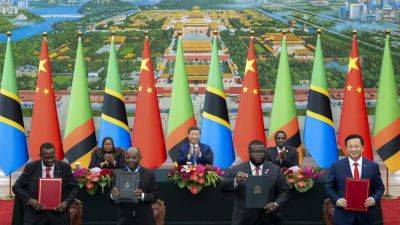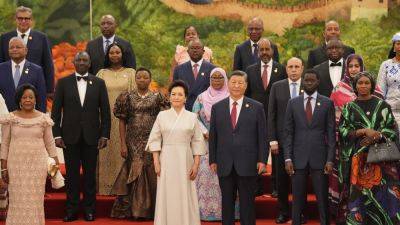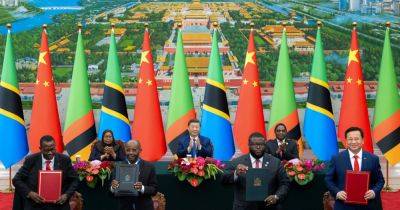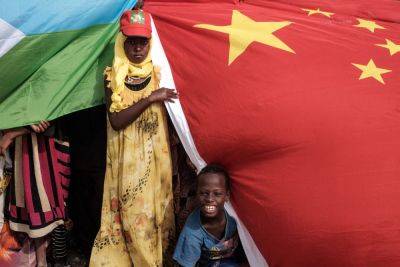Chinese, Russian anti-US disinformation flourishing in Africa
The spread of disinformation is one of the biggest risks to societies. Recent examples have been conspiracy narratives about Covid-19 vaccinations and false claims about Russia’s invasion of Ukraine.
The trend is linked partly to competition among world powers, which is being played out in Africa too.
Across the continent, multiple foreign powers, including China, France, Russia, the US and others, are competing to shape public opinion. In most cases, states use legitimate approaches to get their messages across. But there are many recent examples of foreign powers spreading misleading or false narratives about current affairs.
For example, in 2020, Meta revealed that the French military was behind an online campaign to sway public opinion in the Central African Republic against Russia. And in 2022, the US was accused of leading a disinformation campaign targeting Arab-speaking communities.
There is evidence that Russian operatives are active spreaders of false information across the Sahel. China has also used state-controlled media to present its own strategic narratives on the African continent.
Strategic narratives, some true and some false, are essentially stories that political actors use to promote their interests and values, and shape how people perceive global events. The question then arises: what factors influence the success of strategic narratives?
In a recently published study, we looked at how prevalent Russian and Chinese strategic narratives are. We also explain what makes them popular. Our findings are based on a survey of 4,600 people in four African countries – Angola, Ethiopia, South Africa and Zambia – at the end of 2022.
We selected these four countries because they have very different political







